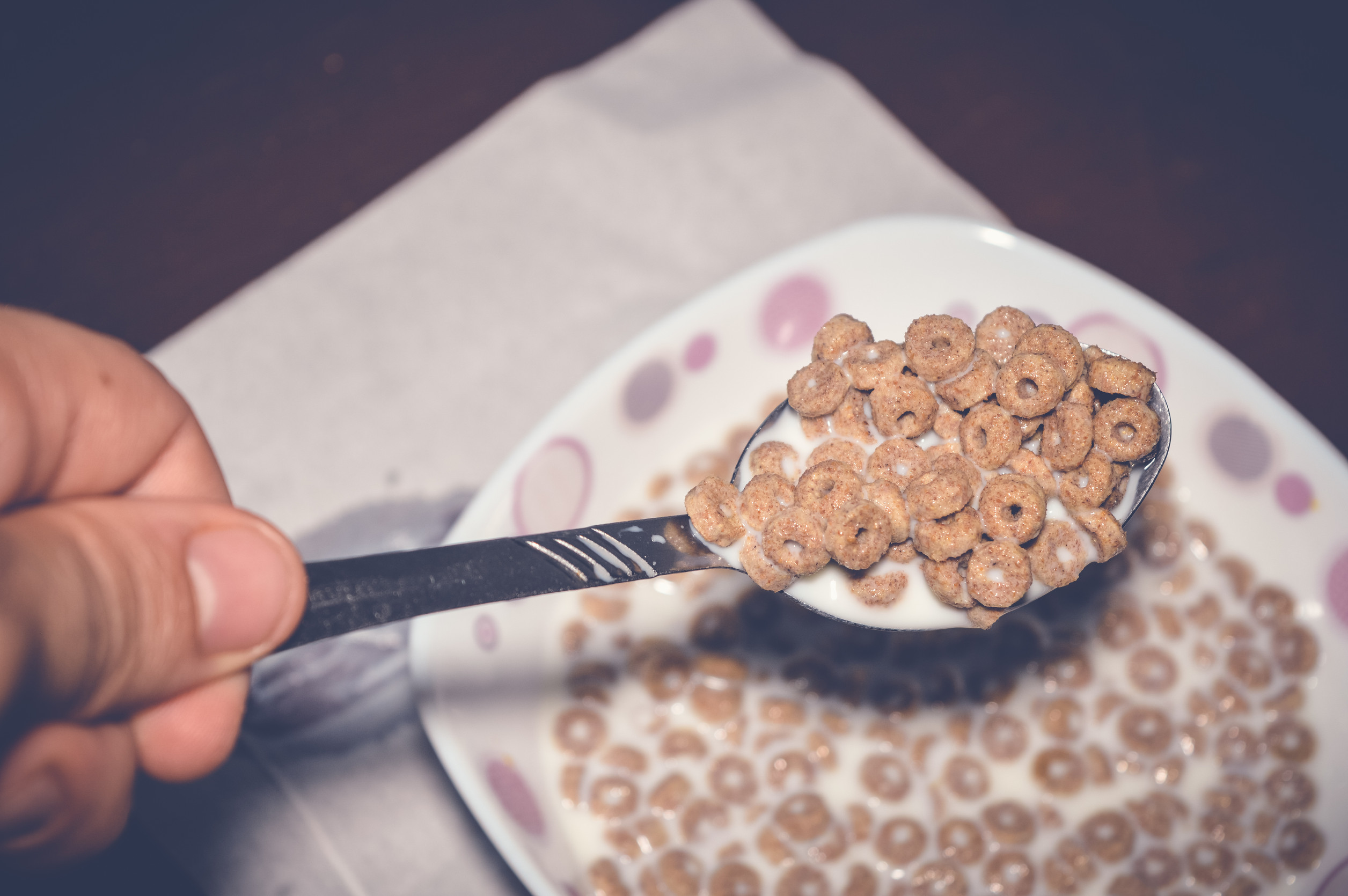
When you walk down the grocery aisle, you expect the products you buy to be safe and trustworthy. What many shoppers don’t realize is that some foods have quietly failed lab tests for contamination, false labeling, or dangerous additives. These results often don’t make headlines, yet they affect what ends up in your cart. Independent studies and watchdog groups frequently uncover shocking findings that highlight hidden risks. Knowing which foods have stumbled in testing can help you make smarter, safer choices at the store.
1. Imported Honey Contaminated with Additives
Honey is often marketed as a pure, natural sweetener, but lab tests have revealed otherwise. Some imported honey samples contained added syrups designed to mimic real honey and cut costs for manufacturers. These adulterated products not only deceive consumers but also fail purity standards. Worse, a few batches have shown traces of antibiotics and heavy metals, raising health concerns. The next time you buy honey, it may be worth checking the source before trusting the label.
2. Baby Food with Heavy Metals
Few things alarm parents more than unsafe baby food, yet tests have raised red flags. Studies found lead, arsenic, and cadmium in several well-known baby food brands. While levels varied, repeated exposure poses risks to developing brains and nervous systems. Advocacy groups have urged stricter regulations to protect infants from toxic exposure. Parents who rely on these products expect safety, but lab results have painted a troubling picture.
3. Cereal Brands Containing Weed Killer Residues
Cereal is a staple breakfast food in many households, but not all boxes are created equal. Independent testing detected glyphosate, the main ingredient in certain weed killers, in popular cereal brands. While companies maintain their products meet government safety thresholds, critics argue that no level of pesticide is truly safe in children’s food. These findings shocked families who saw cereal as a wholesome start to the day. The quiet failure in testing raised new concerns about agriculture and regulation.
4. Frozen Fish Labeled Incorrectly
Seafood is another area where lab tests often uncover hidden problems. DNA testing has shown that certain frozen fish packages were mislabeled, with cheaper species sold as premium ones. This practice not only deceives customers but also puts them at risk of allergic reactions or exposure to higher mercury levels. Mislabeling is considered a serious failure in food transparency. For shoppers, it means you may not always be getting what you paid for when it comes to seafood.
5. Fruit Juices Containing Unsafe Mold Toxins
Juice seems like a healthy choice, but some brands have failed testing for mold-related toxins. These naturally occurring toxins develop when fruits are stored improperly before processing. Lab results showed certain apple and orange juices exceeded safe limits, especially concerning for children who consume juice daily. Manufacturers often quietly pull or reformulate products when caught, leaving shoppers unaware of the risks. The failure highlights how easily “healthy” drinks can carry hidden dangers.
6. Protein Powders with Undisclosed Substances
Protein powders are booming in popularity, but some aren’t as clean as advertised. Lab tests have found undisclosed stimulants, heavy metals, and even steroids in certain supplements. These products often fail to meet their labeled claims for protein content as well. For athletes and health-conscious consumers, this is a major concern since they trust these products to support wellness. Quiet lab failures in the supplement world show how lightly regulated this industry can be.
Food Safety Is Everyone’s Responsibility
Lab failures don’t just affect one product—they affect trust in the entire food system. From honey and baby food to cereal and supplements, each quiet failure shows the importance of transparency and testing. While many products are safe, consumers must stay informed and skeptical of marketing claims. Reading labels, researching brands, and following independent testing groups can help protect your family. Behind every grocery store shelf lies a complex system where vigilance truly matters.
Have you ever stopped buying a product after learning it failed testing? Share your experience in the comments!
What to Read Next…
- 7 Food Items That Are Too Dangerous to Store in Bulk
- 12 Fast-Food Items That Taste Worse Than They Did Last Year
- 6 Food Products That Test Positive for More Pesticides Than Ever
The post 6 Food Items That Quietly Failed Their Lab Tests appeared first on Grocery Coupon Guide.







